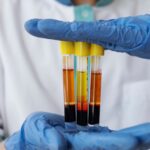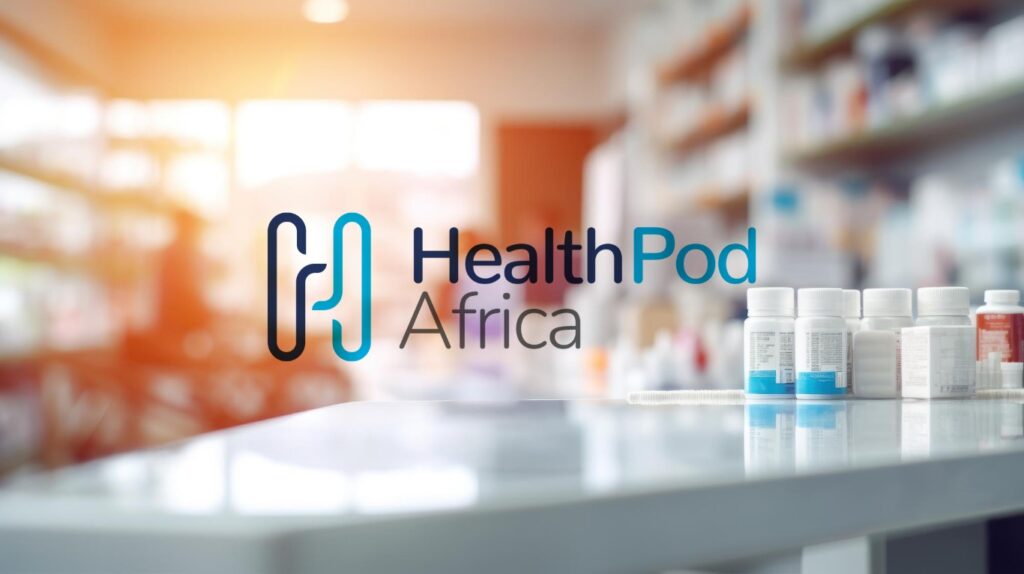Africa envisions a future characterized by inclusive growth and sustainable development. One of the key goals in this respect, as set out under the Africa Union’s Agenda 2063, is to ensure that the citizens are healthy and adequate levels of investment are made to expand access to quality health care services for all people.
In order to make this goal a reality, one of the factors that will need to be addressed is strengthening local production of medicines, vaccines and other health technologies. According to a report by the Institute for Economic Justice, Africa imports over 70% of medicines and other medical products. The report further indicates that Africa also imports up to 99% of vaccines and has very limited manufacturing capacity for active pharmaceutical ingredients (APIs). During the Covid-19 pandemic for instance, many African countries experienced shortages of medicines and medical supplies as well as increased procurement lead-times as major exporting countries went into lockdown. The need for self-reliance through local production is therefore critical for improved medical supply chains, improved health security, and facilitating the attainment of universal health coverage (UHC).
The WHO Regional Committee for Africa, which convenes once a year to discuss and endorse policies, activities and financial plans aimed at improving the health of the people of Africa, is scheduled to meet from 26 to 30 August 2024 in the Republic of Congo. The Committee will discuss and propose various actions aimed at strengthening local production of medicines, vaccines and other health technologies.
Some of the issues that the Committee is set to discuss and propose solutions to include:
Inadequate policy coherence and legal frameworks
Various policies and legal frameworks such as those governing health, industrialization, intellectual property, public procurement and investment all contribute towards the achievement of the goal of local production of medicines and other health technologies. There is therefore need to ensure that these policies are drafted in a manner that is coherent and aimed at achieving the common goal of promoting the pharmaceutical sector.
Inadequate regulatory oversight capacity
As at June 2024, only 6 African countries had stable, well-functioning and integrated regulatory systems, according to the WHO (referred to as having attained WHO Maturity Level 3). This includes Zimbabwe, Egypt, Ghana, Nigeria, South Africa and United Republic of Tanzania. The remaining African countries either have basic elements of a regulatory system or can only partially perform essential regulatory functions (WHO Maturity Levels 1 or 2).
Effective regulation is essential in strengthening the local pharmaceutical industry as it promotes quality of locally manufactured products and facilitates entry into international markets. African countries should therefore invest in their regulatory systems and put in place the requisite legislative instruments.
Pooled procurement
African leaders have demonstrated their commitment to boosting local production, including through pooled procurement mechanisms. Pooled procurement allows different purchasing authorities to combine their financial and other resources to create a single entity for procuring health products. Establishing and revitalizing regional pooled procurement mechanisms will facilitate economies of scale which could lead to reduced prices, increased availability, more efficient procurement processes and in effect, bolster competitiveness of locally manufactured products. Successful implementation of the relevant frameworks will however require proper resourcing, coordination among the various African countries and capacity building.


